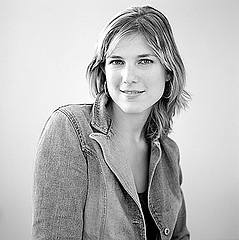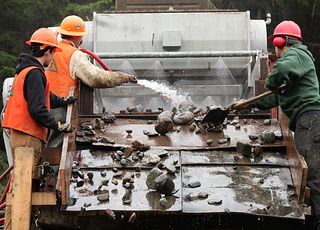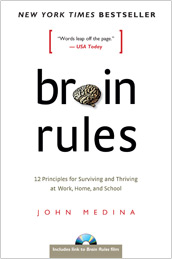I had the pleasure of spending some time in the San Francisco Bay area last week with one of our clients. I enjoy this particular company because their energy toward recruiting is among the best I've ever observed. Their executive team and hiring managers are truly passionate about hiring. And their passion is not just raw exuberance, but rather an excitement towards becoming more effective in their methodologies and working smarter than their competitors.
As we talked through their recruiting challenges, it became apparent that passion and energy is something they'll need a lot of if they hope to be successful. Why? Because the real estate recruiting environment is going to continue to be challenging for some time.
One of these challenges is the length of the recruiting cycle (i.e. the time it takes to recruit an agent). Whether a company’s recruiting focus is "new to real estate" candidates or experienced agents who are currently working for a competitor, the recruiting cycle is much longer, on average, than it has been in the past.
Why? Uncertainty in the economy and difficult conditions in the real estate market tend to make people more risk averse. While candidates will still change companies if they experience a crisis with their current employer/broker, most people in today’s environment prefer to hang onto what they have unless the perfect opportunity comes along.
With a lengthy recruiting cycle becoming the norm, the hiring managers who can persevere and stay engaged with a candidate over a long period of time are the ones who are going to be successful.
How do you accomplish this? One place to start is generosity. In a recent article in Fast Company, Anya Kamenetz makes the point that the internet has a way of empowering this type of engagement through generosity:
"… what fascinates me is the way in which the Internet can unleash acts of generosity and true connection.
Truth is, anyone who goes online takes advantage of the kindness of strangers. Wikipedia is the most famous example. Still, sites like Amazon, eBay, Yelp, and TripAdvisor are also valuable because of the feedback provided gratis by millions of people.
When it comes to sites such as PatientsLikeMe, or any of the thousands of message boards dedicated to infertility, cancer, and various other ailments, people get informed about life-and-death decisions based on volunteered information, while also deriving much-needed emotional support from strangers.
Sociologists attribute the desire to contribute to such communities to a “reputation economy,” in which people gain self-esteem and standing by giving away their time and opinion. Information is the thing people will share most readily, followed by time, followed by goods."
Notice what she says in the last paragraph: “…people gain self-esteem and standing by giving away their time and opinion.” If this is true, then hiring managers should be among the most generous people around! In essence, recruiting boils down to continually raising your “standing” in the eyes of your candidates (over a sustained period of time) until the candidate feels compelled to join your team.
What can you be giving away to your candidates?
Editor's Note: This article was written by Ben Hess. Ben is the Founding Partner and Managing Director of Tidemark, Inc. and a regular contributor to WorkPuzzle. Comments or questions are welcome. If you're an email subscriber, reply to this WorkPuzzle email. If you read the blog directly from the web, you can click the "comments" link below.












